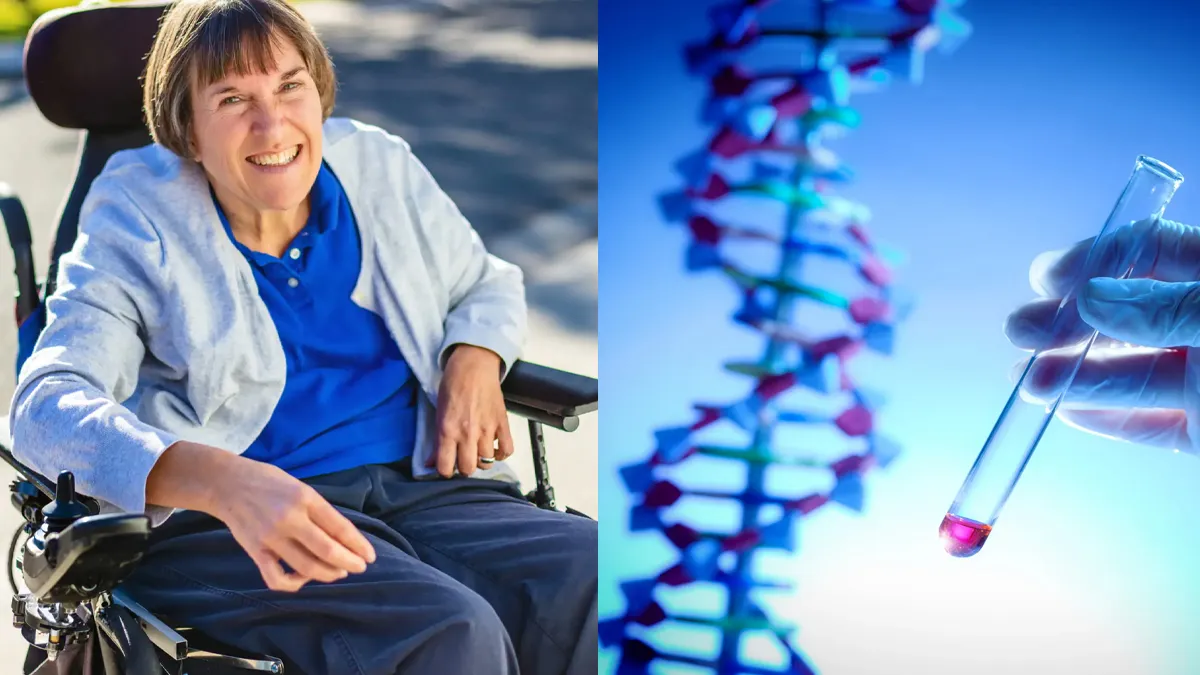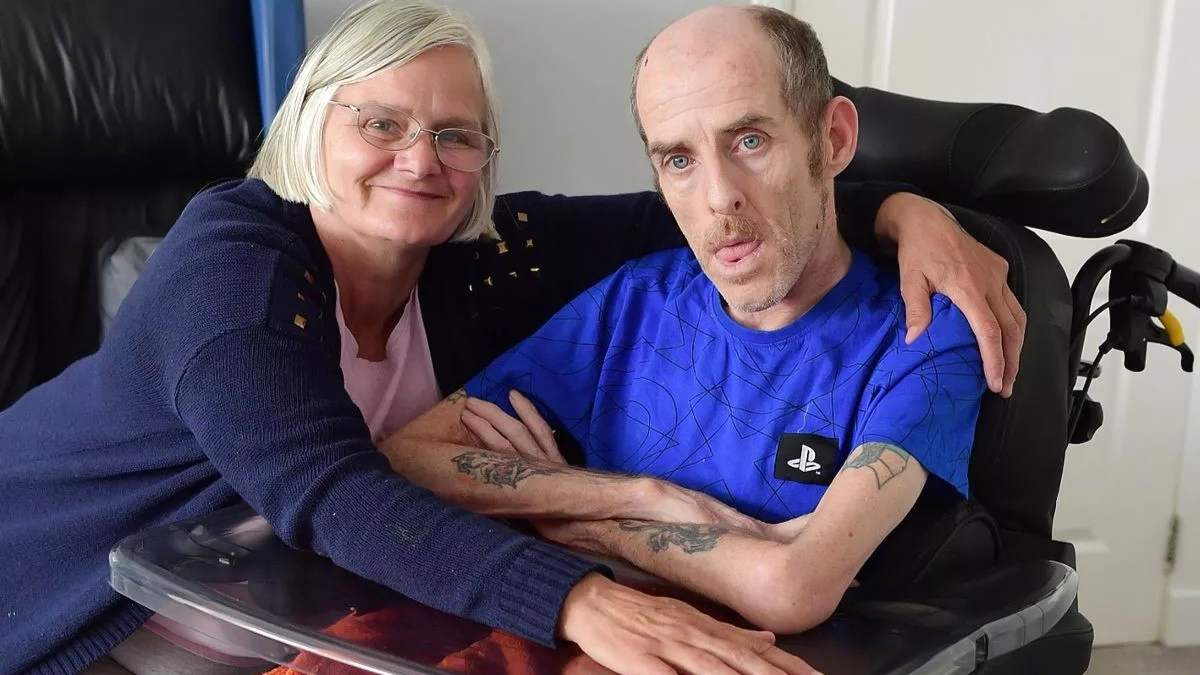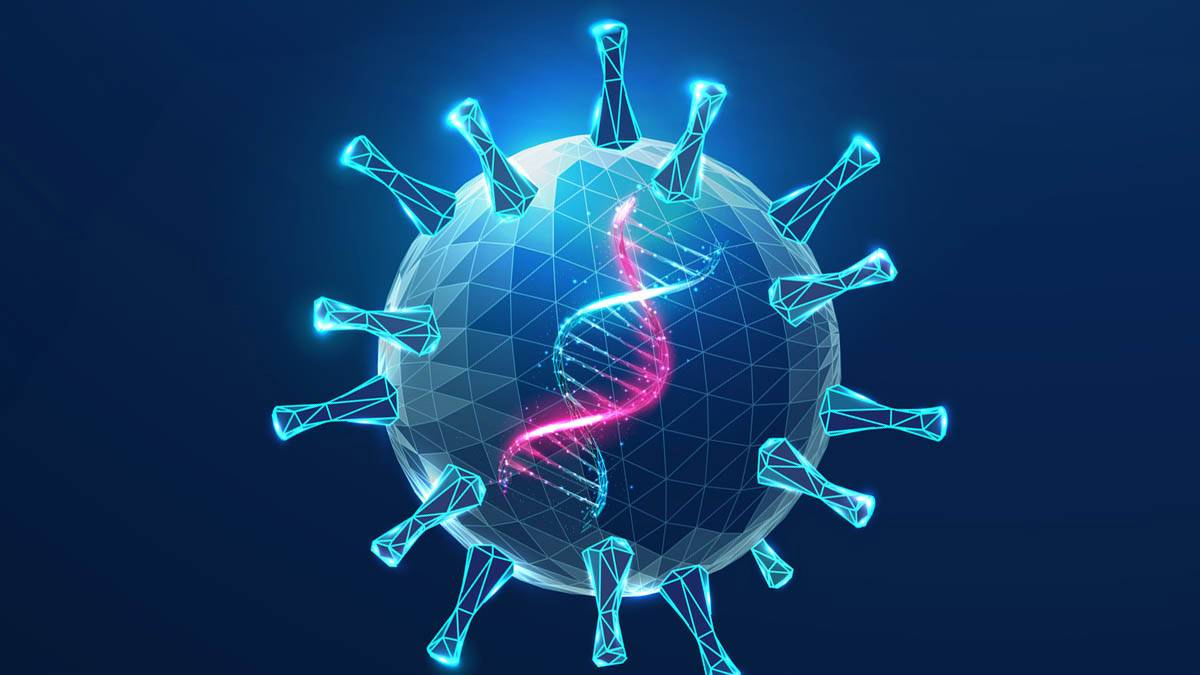
Huntington’s disease has long been seen as one of the toughest neurodegenerative disorders. It gradually destroys nerve cells in the brain, leading to movement issues, cognitive decline, and emotional symptoms. For years, treatments could only ease symptoms, not halt the disease itself. Now, recent scientific advances seem to point to a turning point: the possibility that we may slow or change the course of Huntington’s using genetic techniques.
Table of Content:-
A Genetic Breakthrough in Huntington’s Disease![huntington disease 1 - 2025-09-25T151757.083]()
Reports suggest that a novel gene therapy approach has shown promise in early clinical trials. The method involves using a modified virus as a delivery system it carries specially designed DNA or RNA components and places them into brain cells. These genetic tools help the neurons reduce the harmful proteins that cause damage in Huntington’s.
The therapy was infused into deep brain regions over many hours, aiming to reach cells in key areas affected by the disease. The preliminary findings claim that the progression of Huntington’s was slowed by about 75% over three years in treated patients compared to expected natural progression. This is still early data. But for patients and researchers, such slowing is a huge step forward.
ALSO READ: Cervical Cancer Survivors Face Nearly Double the Risk of Anal Cancer, New Study Warns
How It Works, in Simple Terms![2 - 2025-09-25T151755.645]()
To help understand, here’s a simplified breakdown:
- The therapy starts with a harmless virus, engineered to carry a therapeutic genetic payload.
- Surgeons guide a tiny catheter using real-time imaging into brain targets like the caudate and putamen areas deeply affected in Huntington’s.
- The virus enters neurons and delivers the new genetic instructions.
- These instructions reduce or “silence” the mutant gene’s toxic product, helping neurons survive longer.
- Over time, this may reduce brain damage and slow symptom progression.
- Because the therapy targets a root cause (the mutant gene’s effects) instead of just treating symptoms, many see it as a paradigm shift.
What the Early Results Mean and What’s Next
The initial trial involved a modest number of participants, and comparisons were made against external control data (people who did not receive the therapy). While results are promising, they must be interpreted cautiously:
- The 75% slowing is measured in specific groups and may not apply universally.
- Long-term safety and efficacy need to be established in larger trials.
- Regulatory approvals, manufacturing, and access will be major challenges ahead.
- Still, the progress offers real hope. If subsequent studies replicate these outcomes, it could change how Huntington’s is treated moving from management to modification.
What This Could Mean for Patients & Families
For those affected by Huntington’s, this development could:
- Offer more years of higher-quality life
- Delay or reduce severe symptoms
- Encourage earlier genetic screening and intervention
- Shift the mindset from palliative care to proactive treatment
However, expectations must remain realistic. It’s unlikely to be a cure in the near term. But even slowing the disease could make a major difference in daily functioning, independence, and lifespan.
ALSO READ: Simple Molecule Block Could Prevent Breast Cancer Growth Elsewhere, Claims UK Study
Conclusion
The recent advances in gene-based therapy for Huntington’s disease carry a bittersweet promise. Though we are not at a cure yet, the possibility of slowing the disease through genetic engineering marks a milestone in neuroscience. The path ahead through rigorous trials, safety checks, and broader access is long. But for patients, families, and scientists, this may well be the first step toward changing how we confront this devastating disease.
Read Next
Ranbir Kapoor Is Now A ‘Matcha Guy’ Because Of Alia Bhatt: Know What It Is? And Its Properties
How we keep this article up to date:
We work with experts and keep a close eye on the latest in health and wellness. Whenever there is a new research or helpful information, we update our articles with accurate and useful advice.
Current Version
Sep 25, 2025 17:38 IST
Published By : Vivek Kumar


